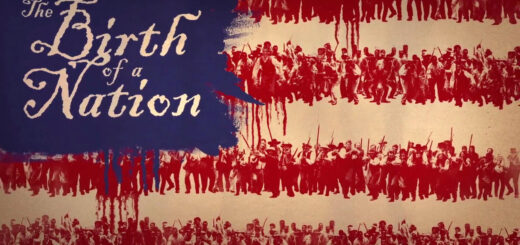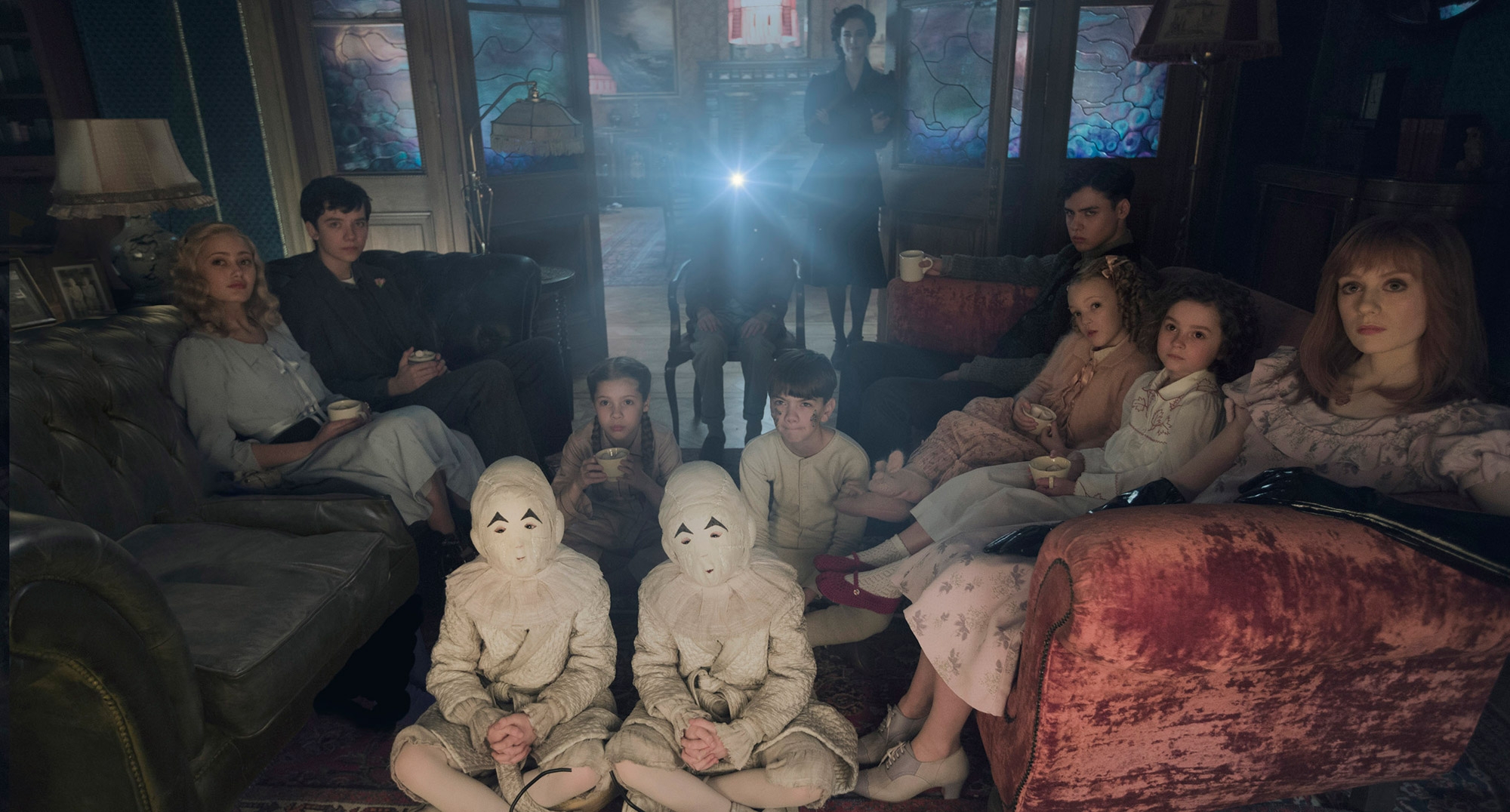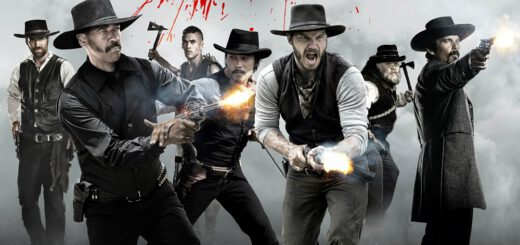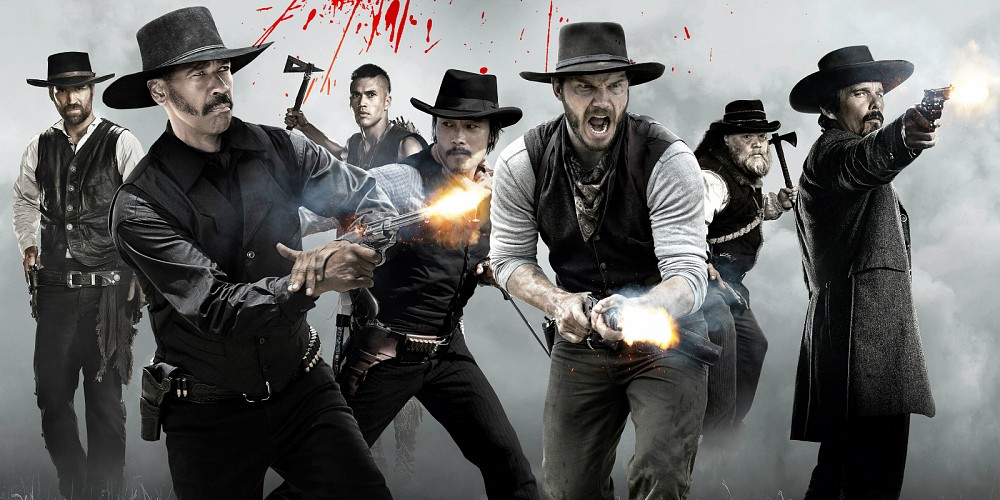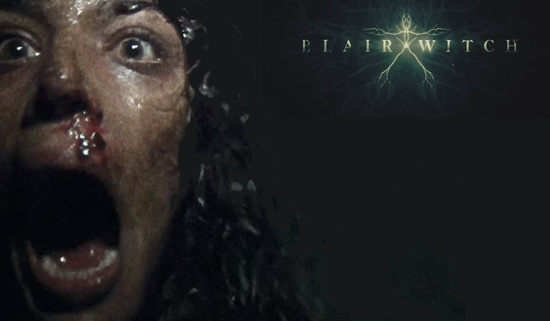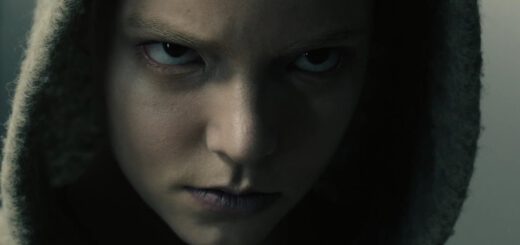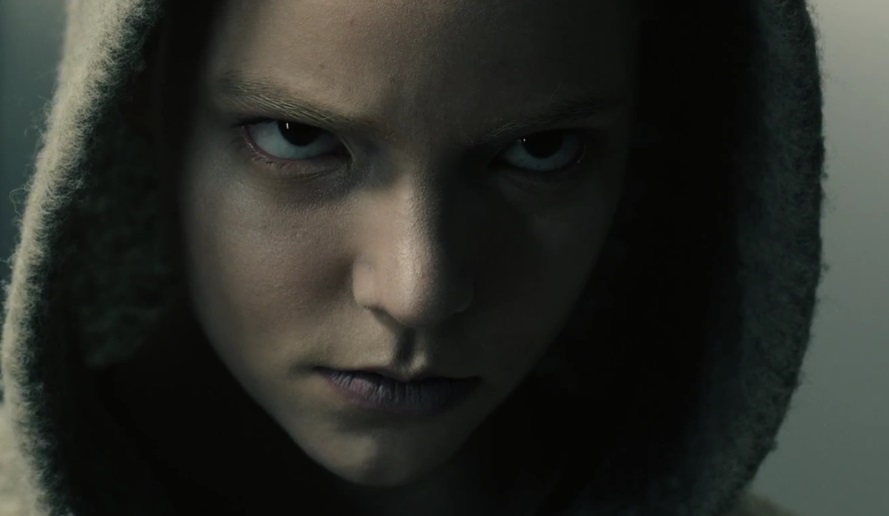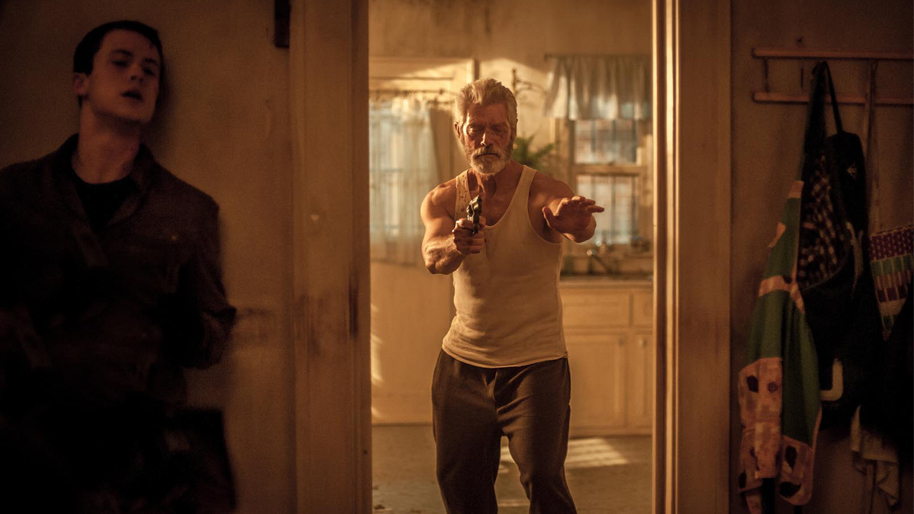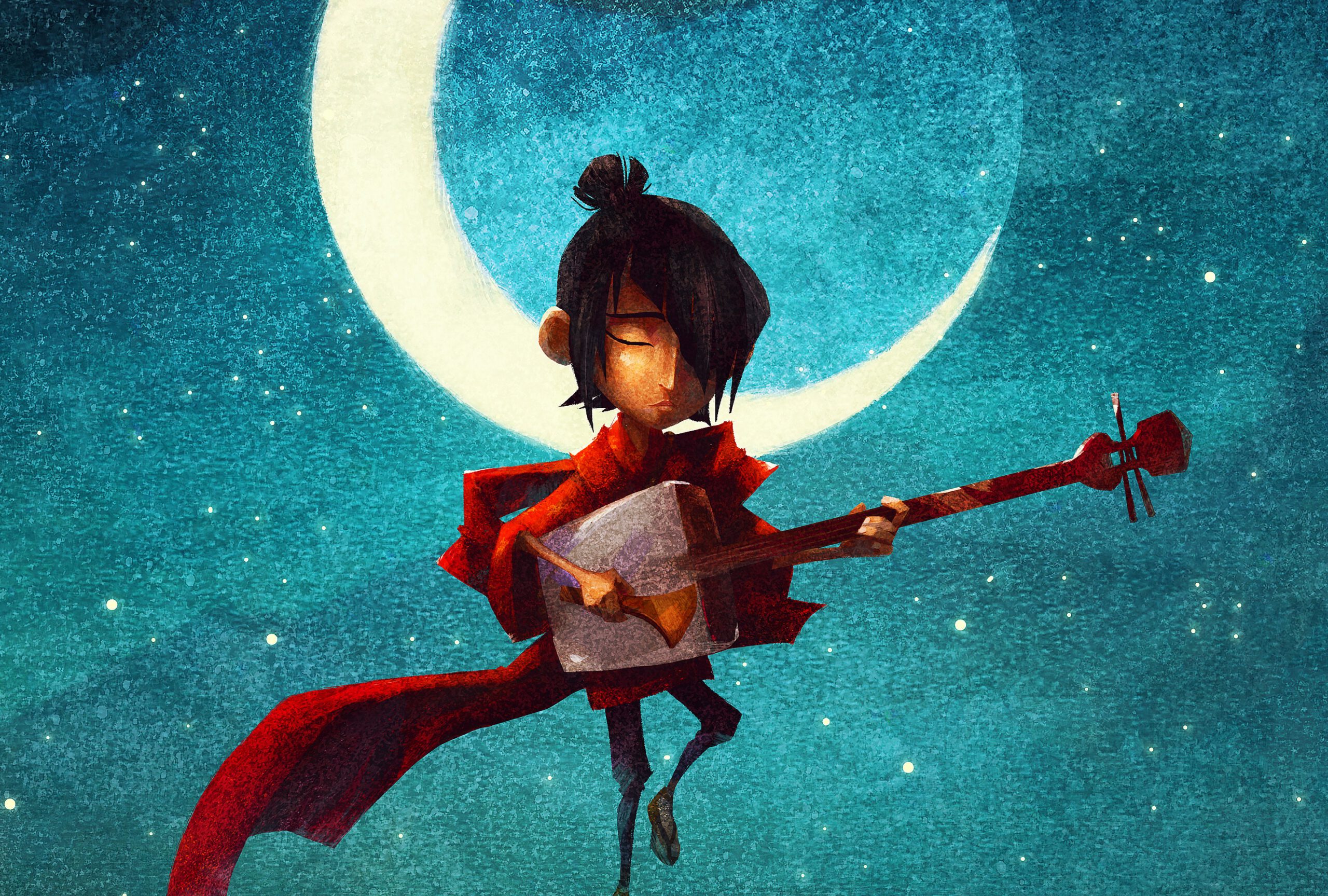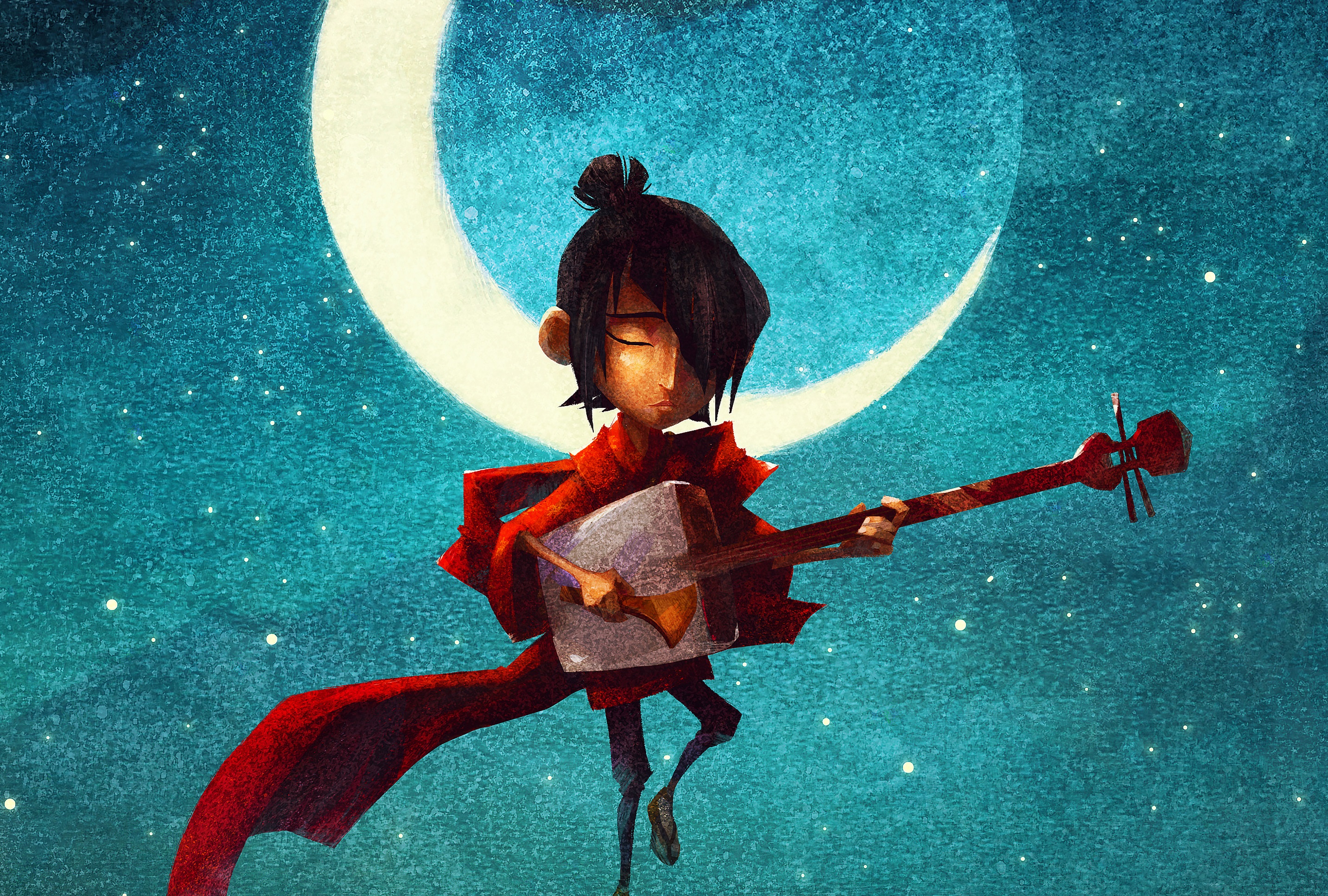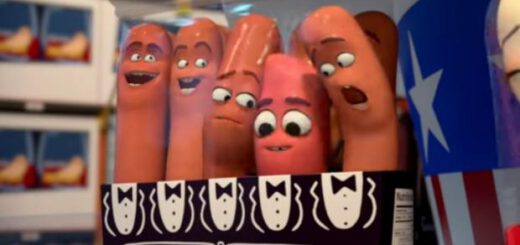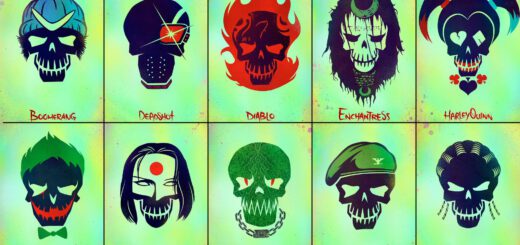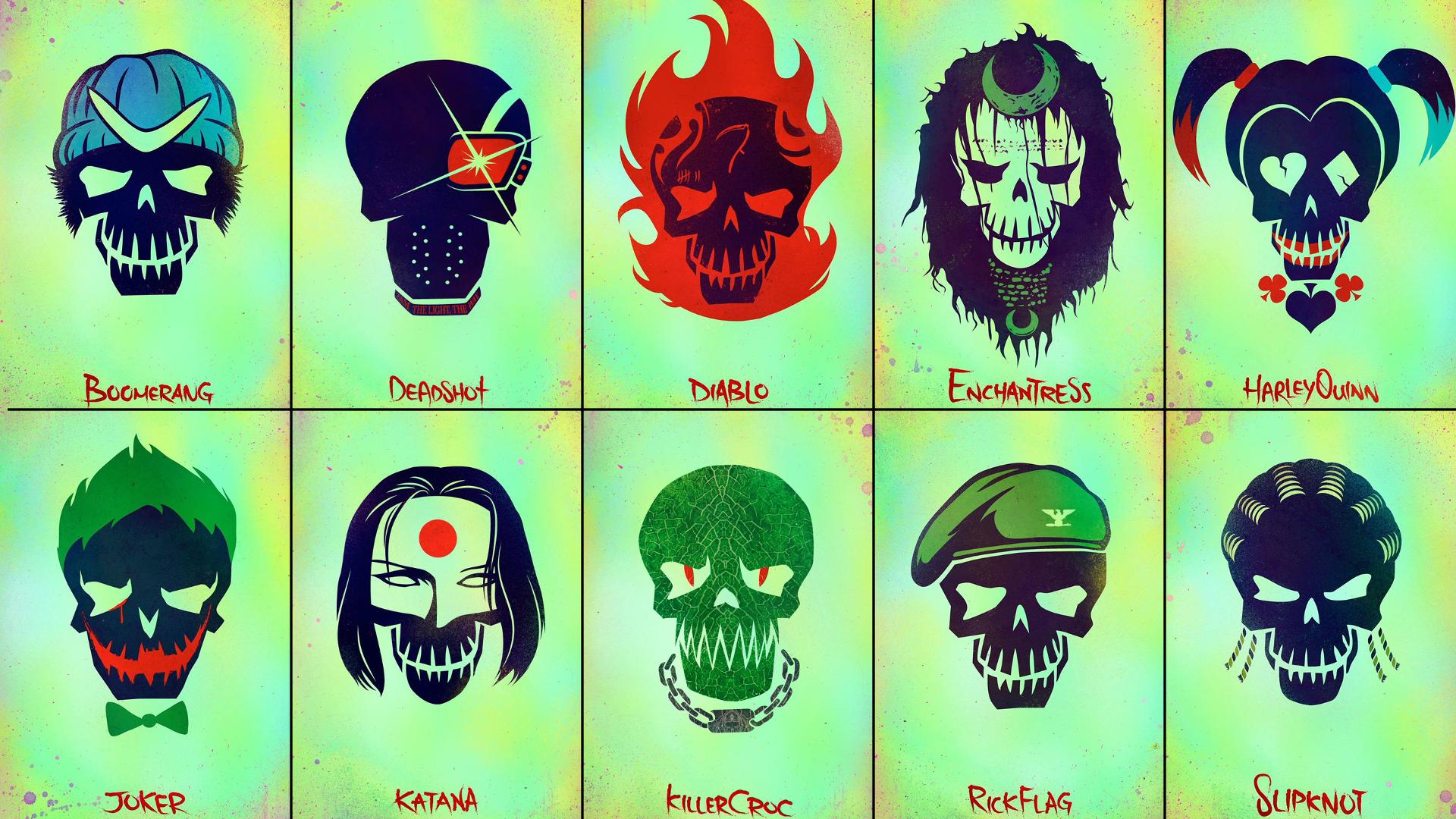Box Office Democracy: The Birth of a Nation
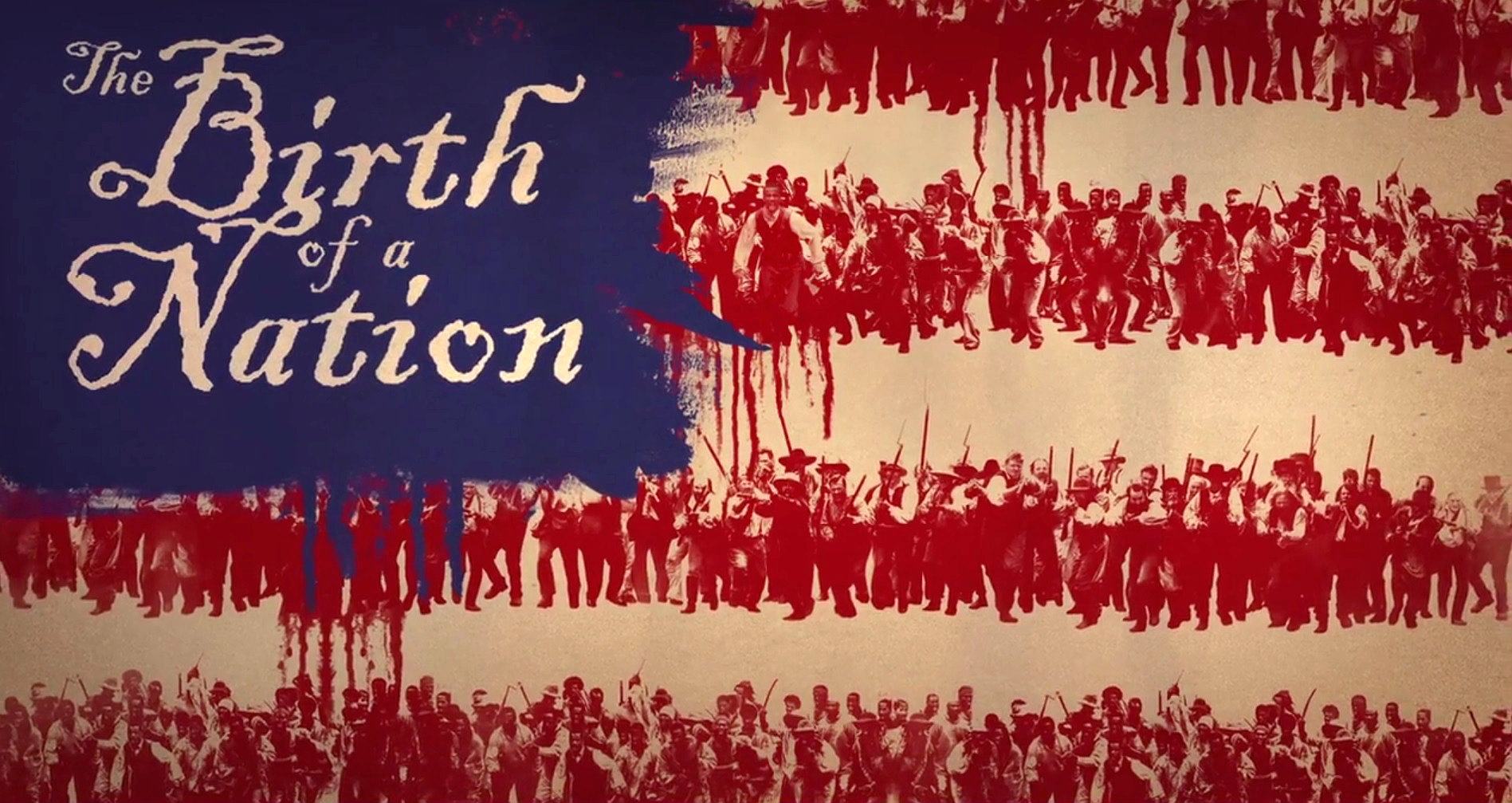
I don’t particularly like movies that are graphic depictions of historical atrocities. I don’t like movies about the Holocaust or particularly gritty war movies or, as in this case, slavery. I don’t have a problem learning about troubling historical periods through nonfiction, but there’s something that feels exploitative about going over human misery so exhaustively. I get that there are probably people learning about these things for the first time any time one of these movies comes out; someone is undoubtedly seeing The Birth of a Nation and only now seeing how brutal slavery was. It feels unendingly elitist to say that this potential educational value is useless, or exceptionally privileged to say that a African-American writer/director shouldn’t tell a historical story of his people’s suffering, but I don’t have to want to watch it.
While I find it unpleasant, there’s a lot of good film-making in here. Nate Parker has a command as a director that belies his relative inexperience. He gets the best performance out of himself, but Aja Naomi King and Armie Hammer are both doing work deserving of high praise. Moreover there are so many small, practically speechless, parts that feature exceptional facial expressions, the kind of subtle things that I don’t associate with novice directors. With the exception of the assault on the armory, which I found confusing and a tad muddled, the shot composition is uniformly excellent. I particularly liked the way they frame the various plantation houses to quickly convey information about the inhabitants; I didn’t realize I knew so much about architecture and maybe I don’t, but Birth of a Nation sort of convinced me I do.
I don’t have the historical background to get in to the accuracy of the movie with any authority at all. I’ve read a few articles about it and rather than attempt to get into detail I will just say that there are a lot of things that happen in the film that have no relation to contemporary accounts. I don’t believe that films have an obligation to be accurate to real life but there are a few choices that damaged the narrative for me a little bit. They got out of their way to show Turner’s master becoming a more cruel man as time goes on and that cruelty inspiring Turner to begin his revolt. This is apparently not backed up by historical fact, and sort of makes the case that it’s this mistreatment that justifies the revolt rather than the general horribleness of slavery. This is the cinematic equivalent of the “most slaves were well-treated and provided with food and shelter” argument you see from gross historical revisionists. Owning another human being is terrible enough to demand retribution without any other extenuating circumstances. The other thing that jumped out at me were the pair of sexual assaults that also seem to be unsupported by the records. At best it feels like taking agency away from female characters and imperiling them to give motivation to the male characters, a practice we should discourage. At worst we could look in to Parker’s past and draw a number of unspeakable conclusions. I wish someone had talked them into cutting this way down.
I’m thrilled that Hollywood is starting to let people of color make movies about their histories of oppression. It’s strongly preferable to the previous policy of letting white people tell everyone’s story for them. I don’t want these opportunities to dry up (but maybe Parker is revealing himself to be a kind-of gross person who should not be benefiting from this) but this isn’t a movie for me. It’s heavy-handed and overwrought and while there are some amazing moments they all feel too isolated to constitute a fulfilling moviegoing experience.

